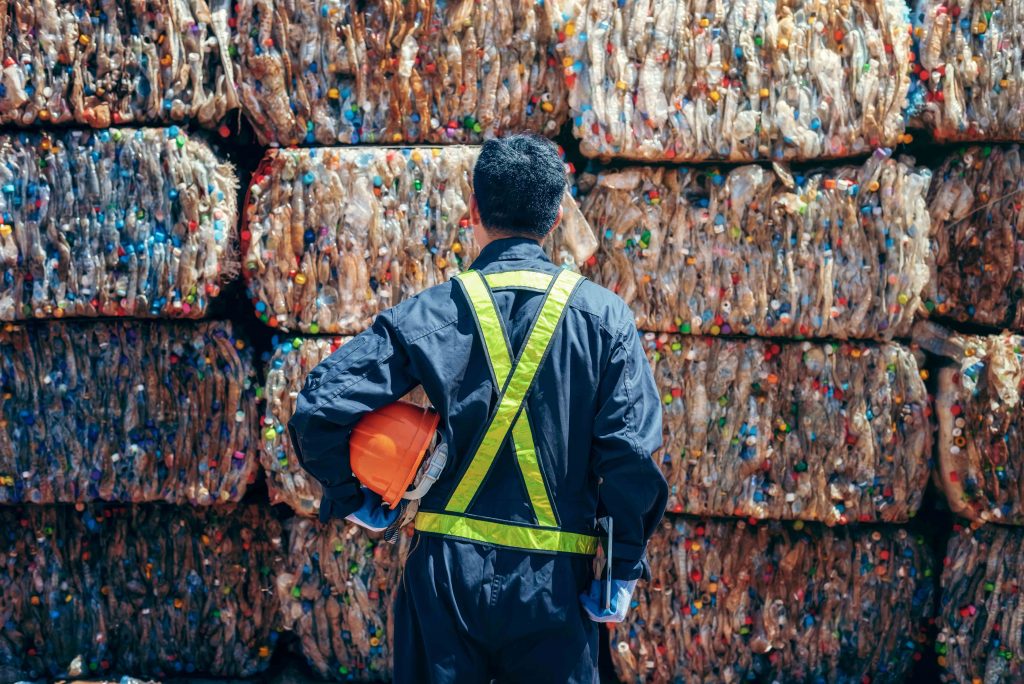A recent survey has uncovered large discrepancies between public opinion and MPs’ own thoughts on waste intervention
In the UK our plastic packaging waste produce exceeds over 12.7 million tonnes.
Although recycling rates for materials like metal, glass, and cardboard hover around 70 percent, the rate for plastic, a particularly problematic material due to its persistence and environmental impact, sits below 50 percent.
This presents a challenge for policymakers and begs the question: how much the Government should weigh-in on the battle to reduce the use of single-use plastics?
MPs’ perceptions
Recent research for Cavendish, conducted by YouGov, has firmly put the spotlight on MPs’ hesitance towards government intervention to tackle packaging waste, in stark contrast to the keenness displayed by the public for action on a number of products.
On single-use plastics, for example, public support for intervention sits at 68 percent, whereas a significantly lower number of MPs, only 49 percent, agreed. We saw a similar trend across other packaging materials, such as glass, cardboard and metal.

Material matters
As we drill down into different materials, the opinions varied further with just over a quarter of MPs (27 percent) in favour of intervention to reduce the amount of cardboard packaging; yet over half of the public (52 percent) are in favour of this measure. When looking at metal packaging, only one fifth of MPs back intervention, compared to half of the public supporting this measure, and glass saw one sixth of MPs favour intervention; in contrast public support sits at around 40 percent.
Cavendish’s government relationship experts are often asked by our clients in the sector what a change in government will mean for packaging waste policy and the food industry?Labour’s general preference for interventionist policies could see a shift in the use of regulation to control certain products. As Shadow Food Minister Daniel Zeichner put it during at a fringe event at Party Conference last year: “Labour just is more likely to intervene in markets.” Coupled with Labour MPs demonstrating higher levels of support for intervention, will we see a potential Labour government take tougher measures to force a reduction in waste packaging?

The current Government has gone some way to tackle plastic packaging waste, and public opinion has shifted a lot on the issue in recent years with retailers wise to the impact its continued use can have on their reputations. Industry-backed initiatives, such as Asda’s recent decision to replace plastic trays with more sustainable alternatives, demonstrate the evolving landscape of packaging waste management.
Waste war
It’s likely a possible Labour government won’t shift too far from the current set of reforms, with Shadow Environment Secretary, Steve Reed, stating: “if [the Resources and Waste Strategy] is an easy win, let’s have it.” But longer term it could be that there may be moves to incentivise or ban use of certain materials.
Labour have made themselves as small a target as possible for the Conservatives with their stance on certain policy areas, as the Conservatives look to scare off some voters by trying to tarnish Labour as an economically bad choice for voters’ pockets. With the polls suggesting Labour will form the next Government – or at least be the majority party – it will be interesting to see just what steps they will take in the plastic packaging waste war.
For further analysis of sector-specific insights, you can read the full research here.
This YouGov and Cavendish Consulting research is from two polls carried out by YouGov Plc. Figures for Britons are based on a sample size of 2,031 adults. Fieldwork was undertaken between the 17th and 18th of October 2023. The survey was carried out online. The figures have been weighted and are representative of all GB adults (aged 18+).
David Button is Head of Insight at Cavendish




